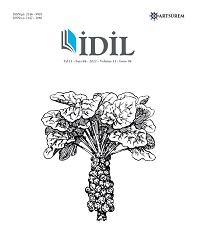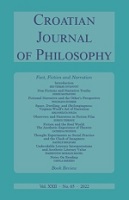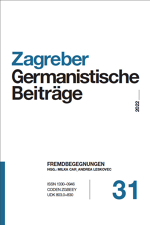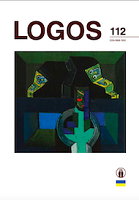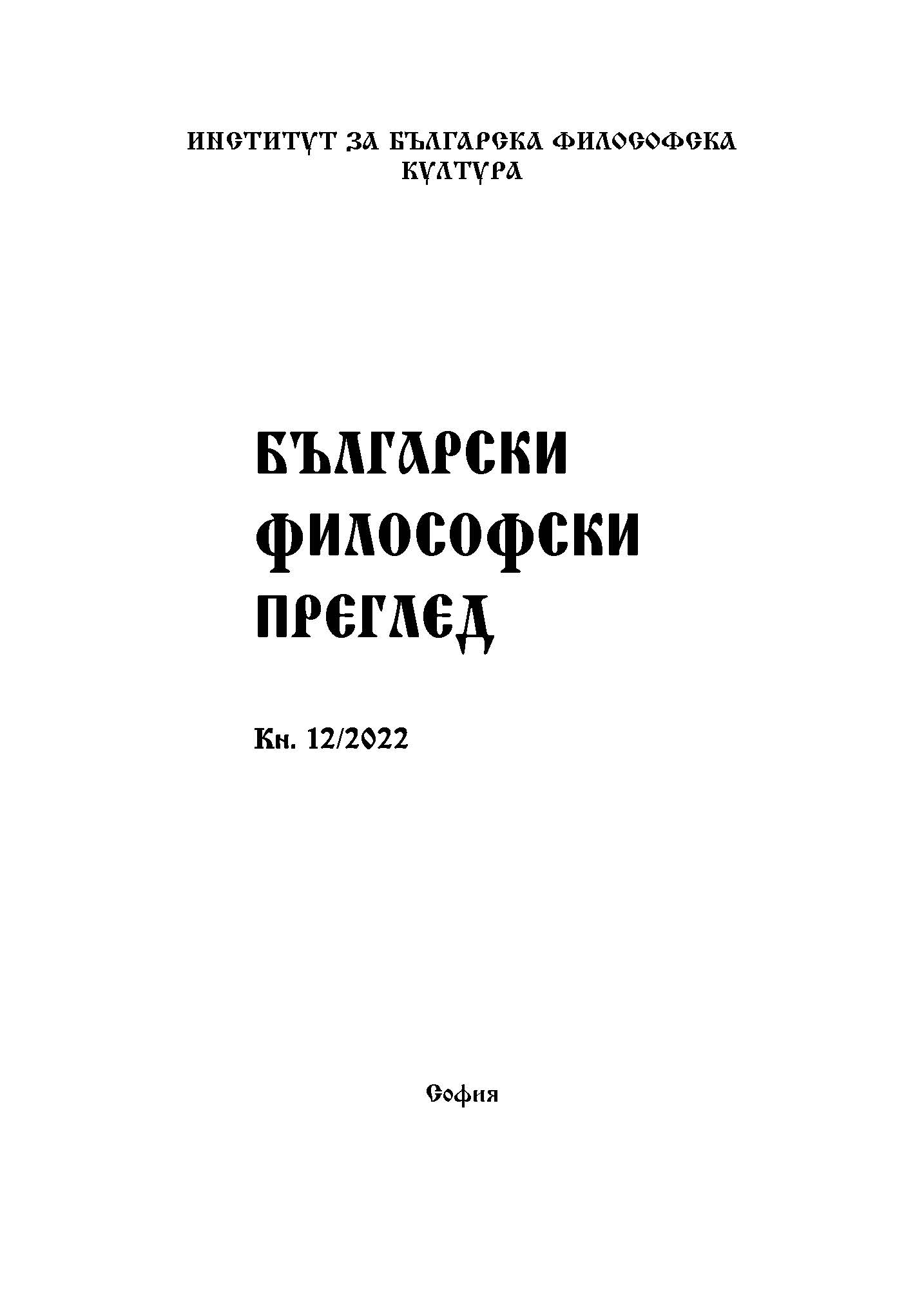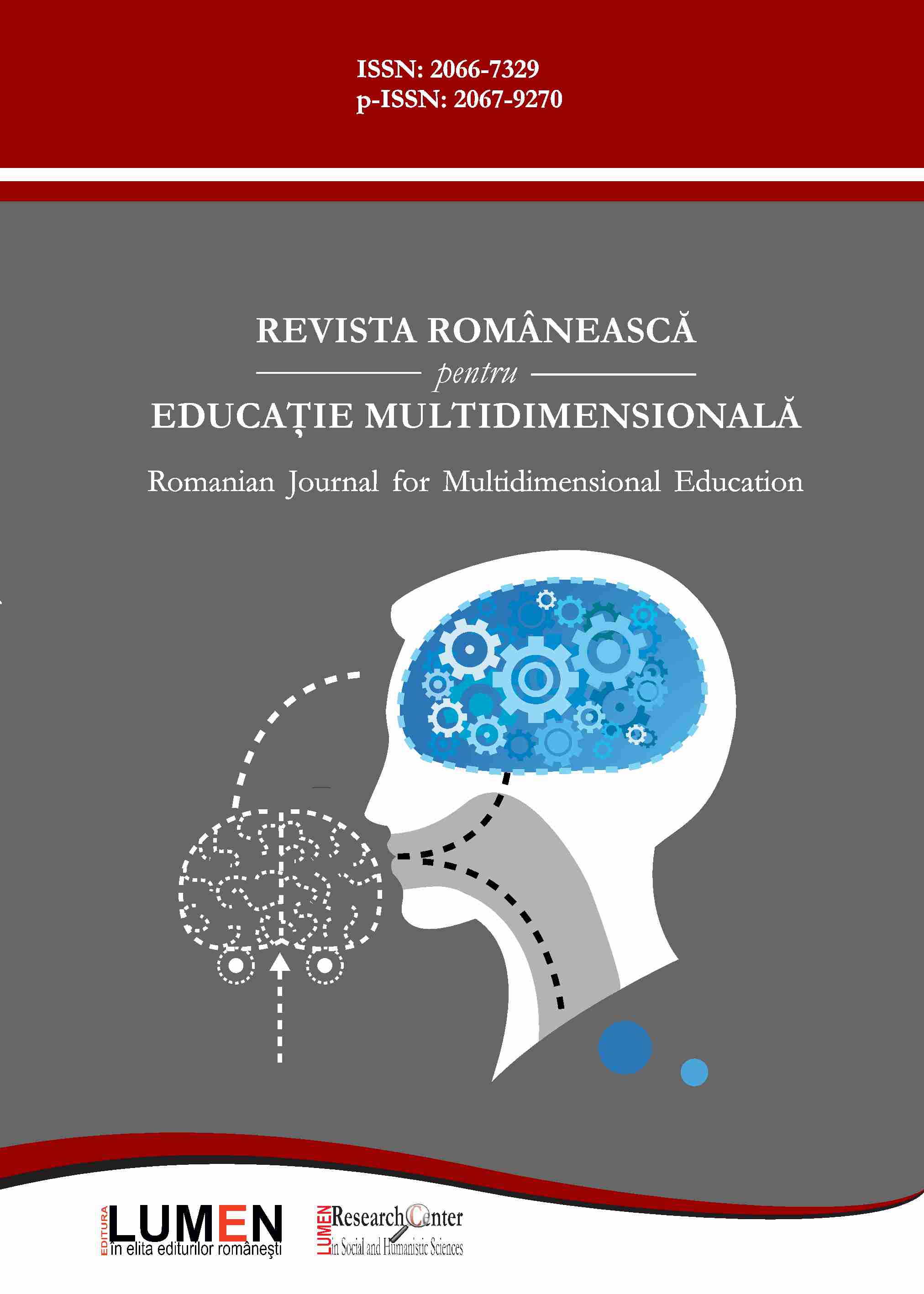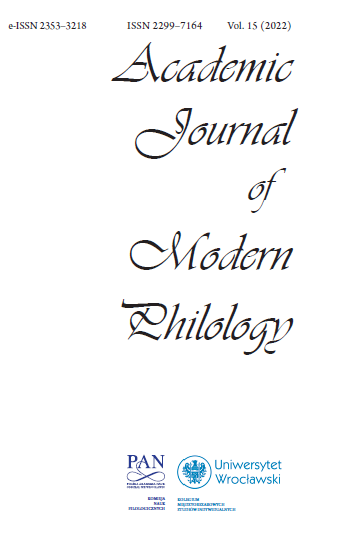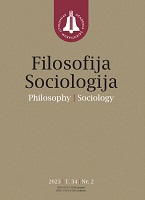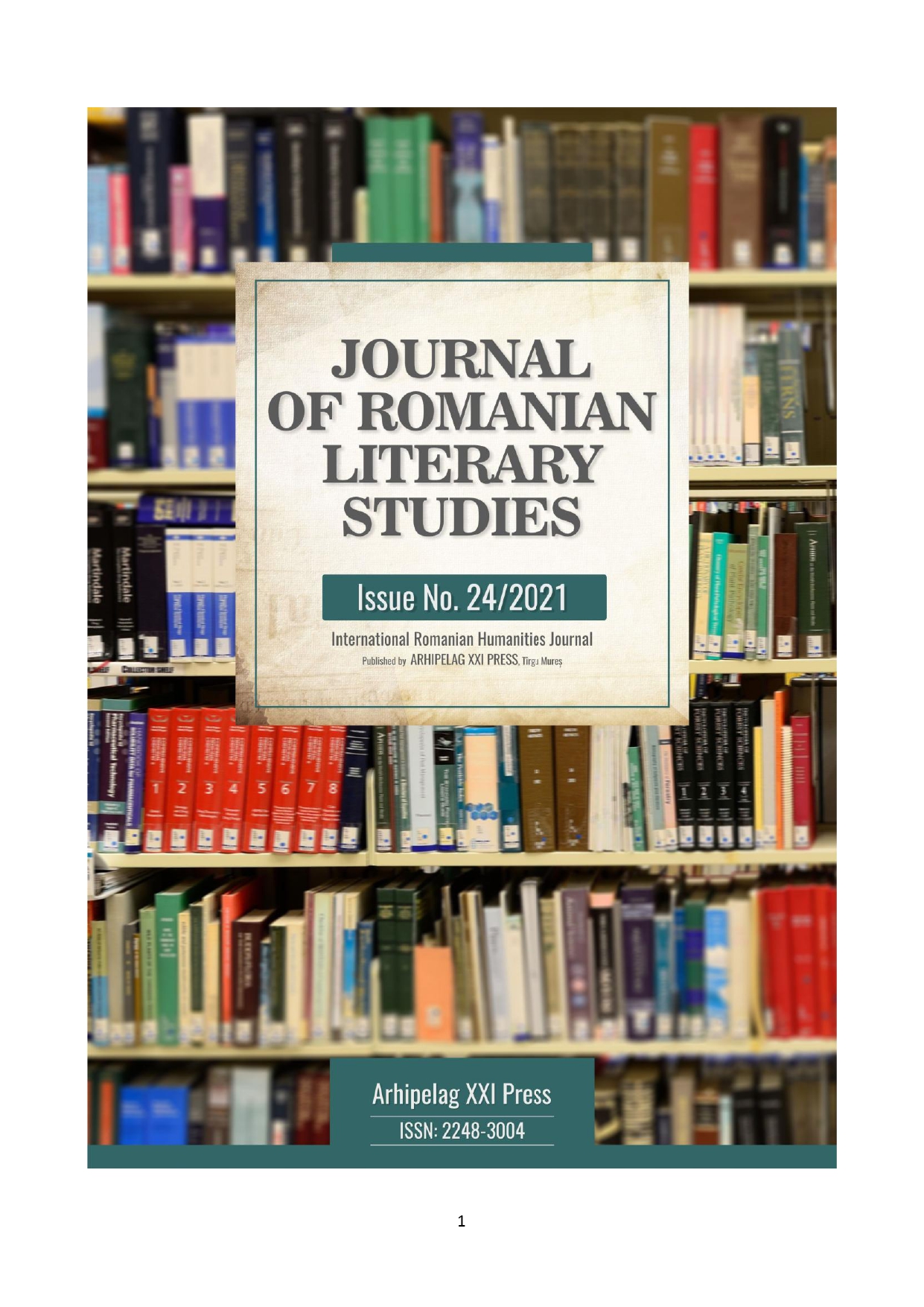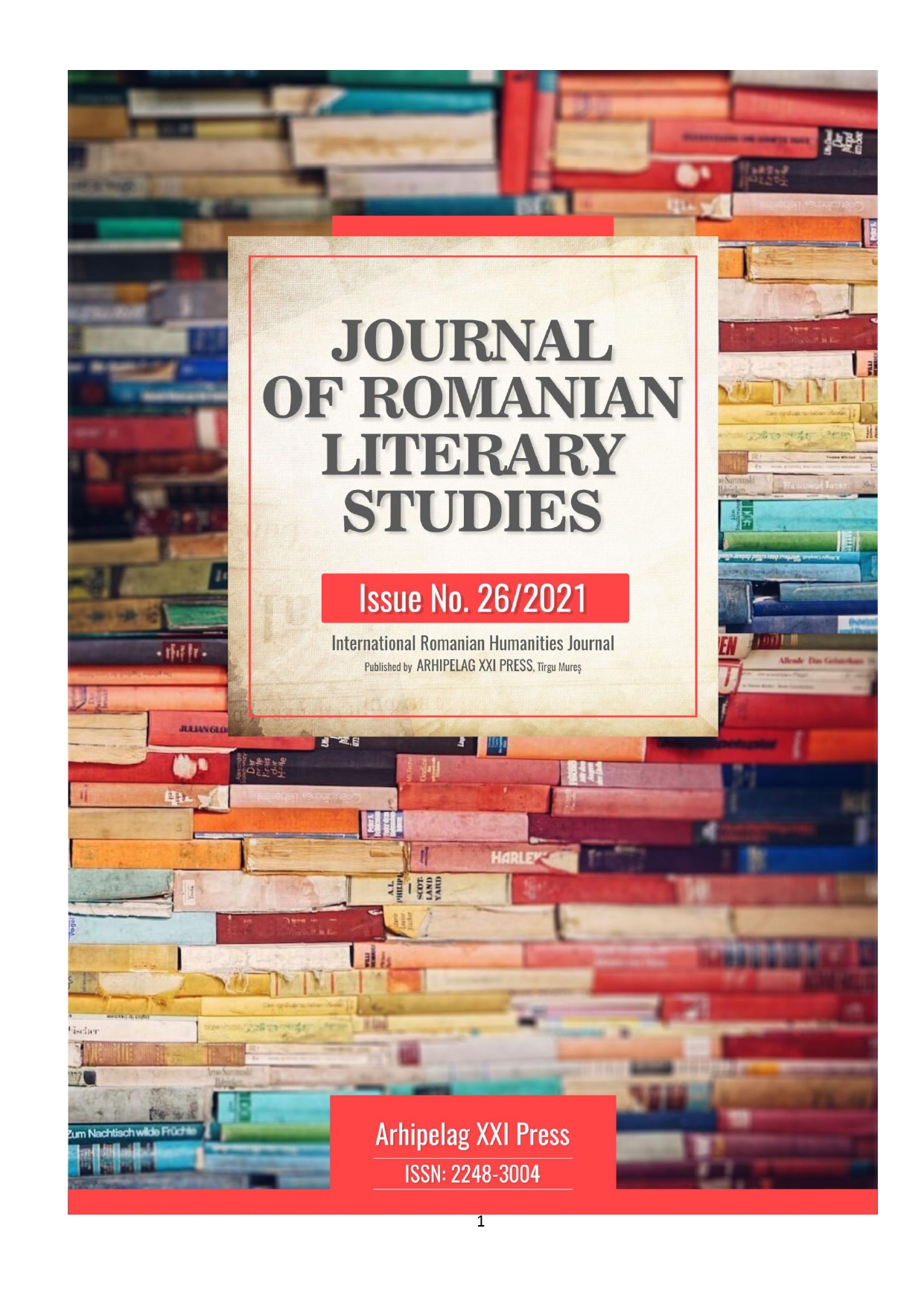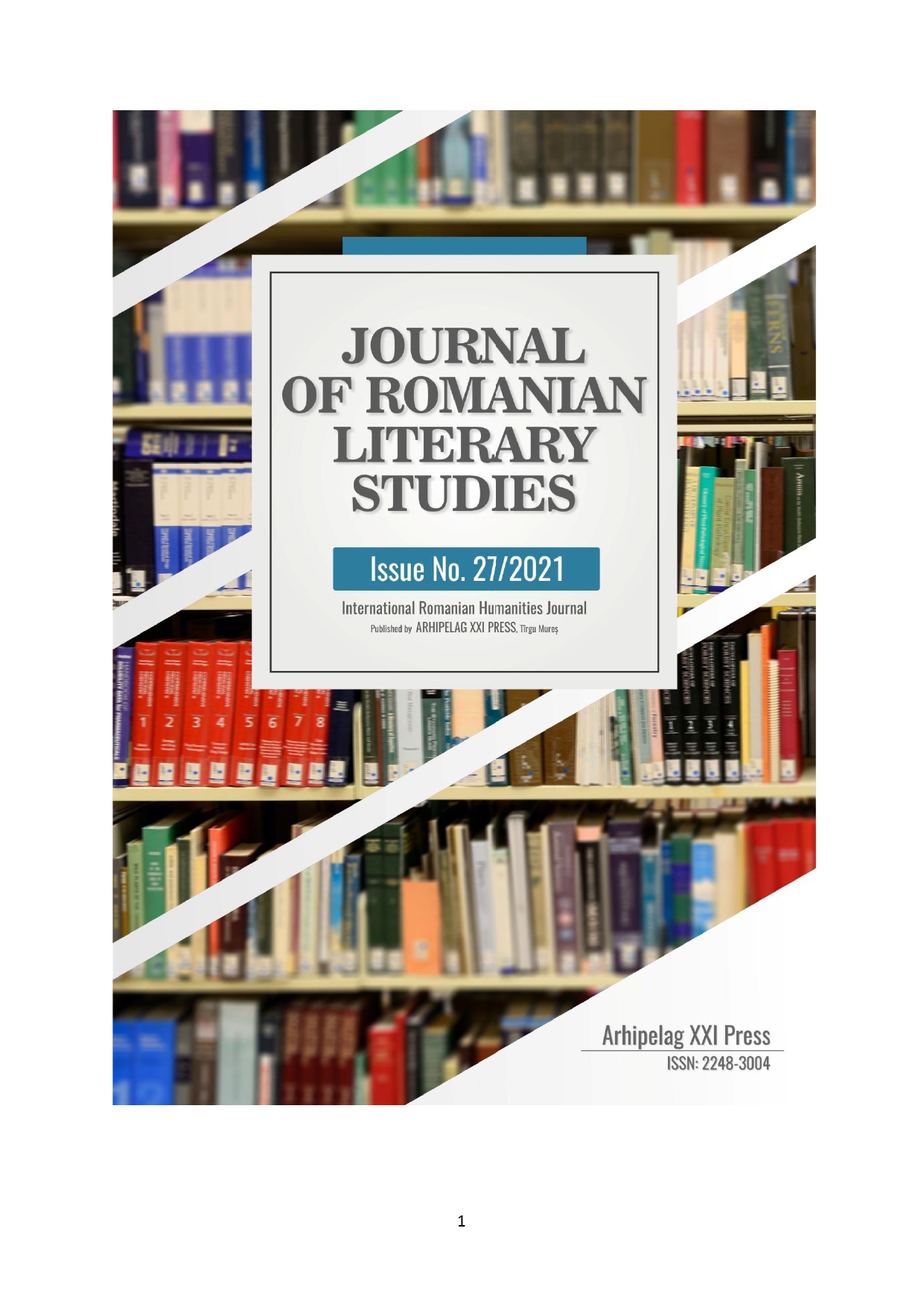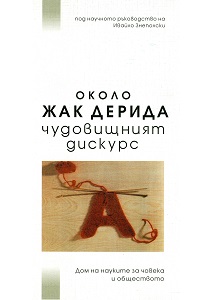
Perceptions of Power: Purple in Archaic Greek, Ancient Mesopotamian Inscriptions, and the Hebrew Bible
Purple in the ancient world held common characteristics: symbolic of power, wealth, and beneficence. Purple was also thought to be produced and imported from the Phoenician area, situated along the Levantine coastal shore. Yet between different literature circles, the specifics of purple diverged widely. This article explores the social function of purplematerial (and its inherent purple-colour) in the Hebrew Bible in light of wider ancient Near East and eastern Mediterranean texts. As with any given cultural material, the meaning of purple is relative; it is differentially significant according to audience, context, subject matter, and the qualities of the material. By utilising a sociological and comparative approach, in the following I consider the use of purple in Homeric epic, ancient Mesopotamian inscriptions and biblical texts. I demonstrate that purple pigments and dyes, as well as the purple-colour of the object to which the pigments/dyes is applied, is a key means to communicate something culturally-specific. In so doing, this ultimately provides fresh insight into the texts and offers a glimpse into the thought processes of ancient society.
More...
